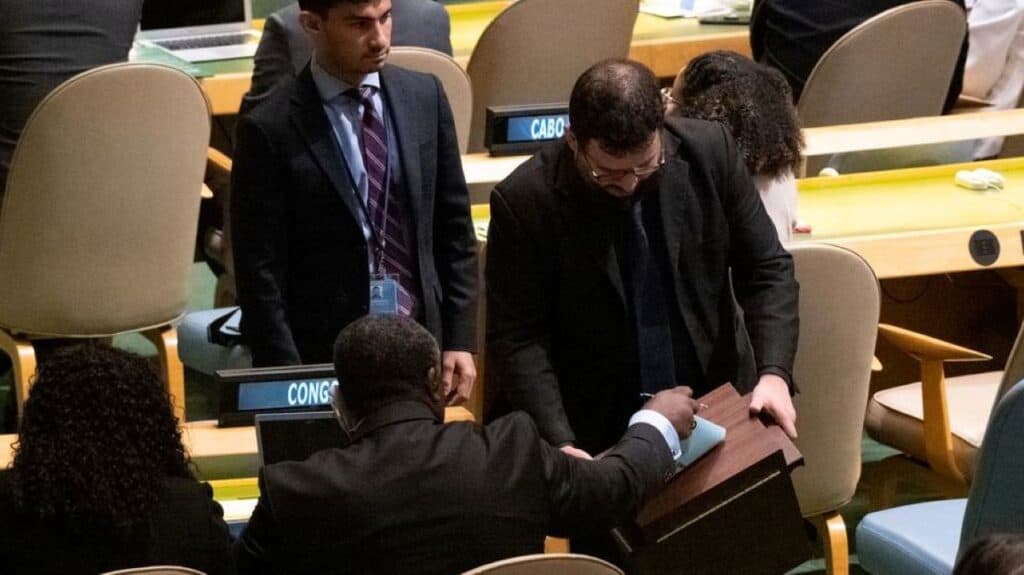Algeria, Guyana, Republic of Korea, Sierra Leone, and Slovenia have been elected as non-permanent members of the United Nations Security Council (UNSC) for a two-year term starting in January. These countries emerged victorious among six contenders competing for five vacant seats on the Council.
The UNSC is composed of 15 countries, with five permanent members – China, France, Russia, the United Kingdom, and the United States. These permanent members possess the power to veto any resolution or decision put forth by the Council.
The remaining 10 seats are allocated to non-permanent members who are elected by the General Assembly, consisting of all 193 UN member states. The distribution of these seats is based on geographical representation.

The voting process for the non-permanent members is conducted through a secret ballot. In order to secure a seat, candidates must receive a two-thirds majority, equivalent to 128 votes, even if they run uncontested.
During the recent election, a total of 192 countries participated in the voting process to fill the three Council seats assigned to the Africa and Asia-Pacific Groups, as well as one seat each for Eastern Europe and Latin America and the Caribbean.
Slovenia emerged victorious in the race for the Eastern European seat, surpassing Belarus with a vote count of 153 to 38. Meanwhile, Algeria, Guyana, Sierra Leone, and the Republic of Korea ran uncontested for their respective seats. These five newly elected countries will join Ecuador, Japan, Malta, Mozambique, and Switzerland as non-permanent members of the Council.
Upon assuming their positions on January 1st, they will replace Albania, Brazil, Gabon, Ghana, and the United Arab Emirates, whose two-year terms will conclude on December 31st.
As members of the UNSC, Algeria, Guyana, Republic of Korea, Sierra Leone, and Slovenia will play a crucial role in addressing global security challenges and maintaining international peace. They will have the opportunity to contribute to the decision-making process and shape the Council’s agenda during their tenure, promoting diplomatic solutions and addressing pressing issues around the world.